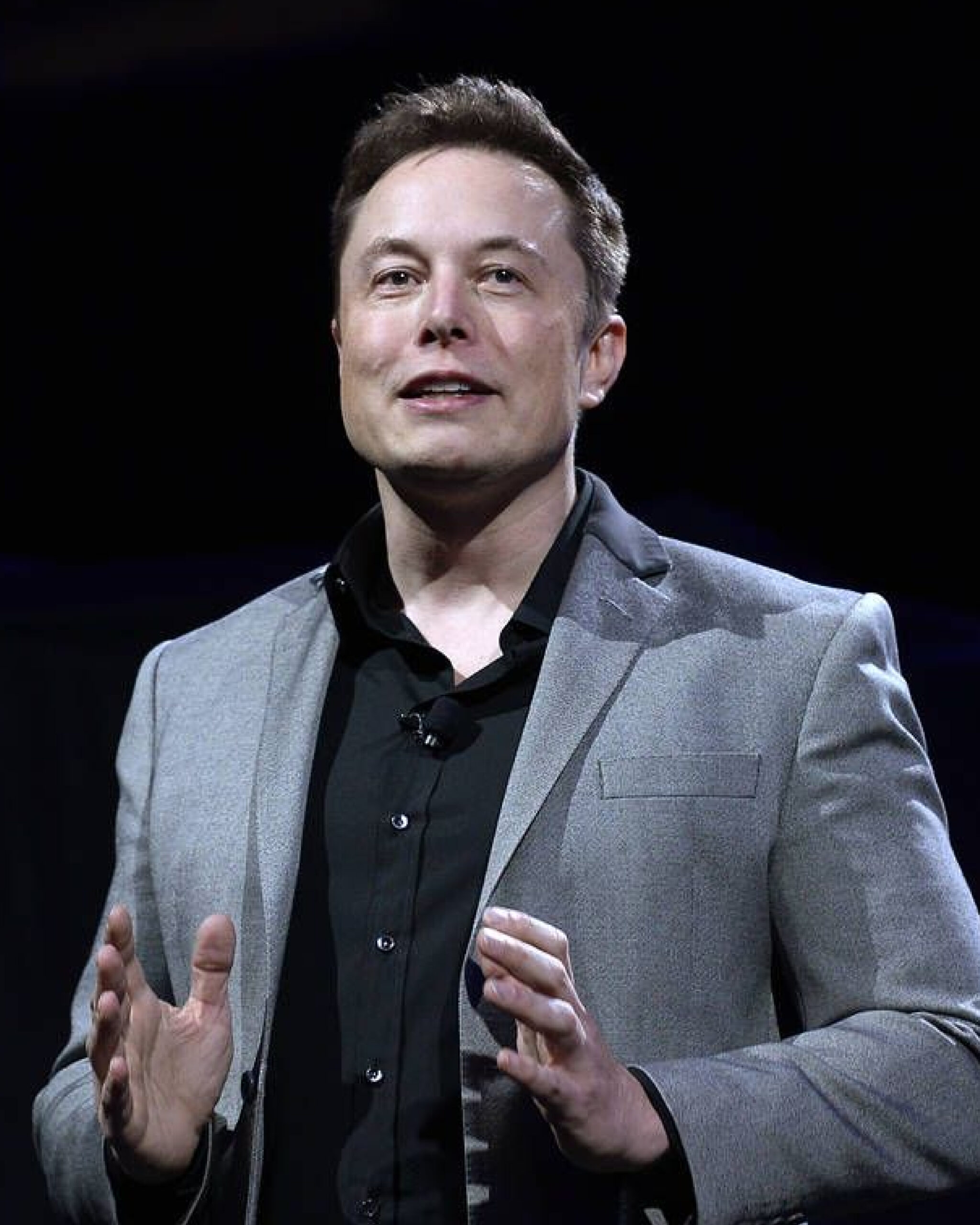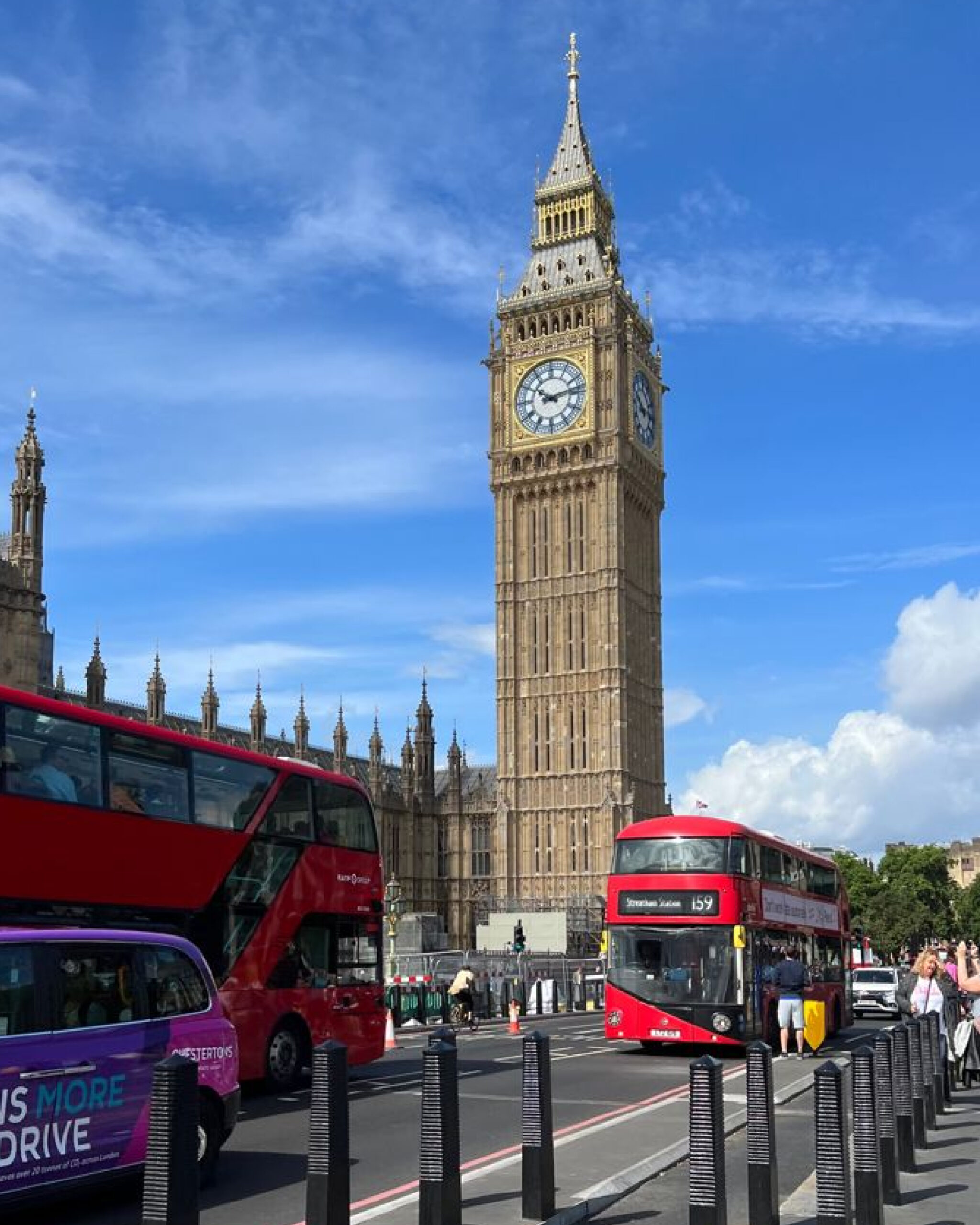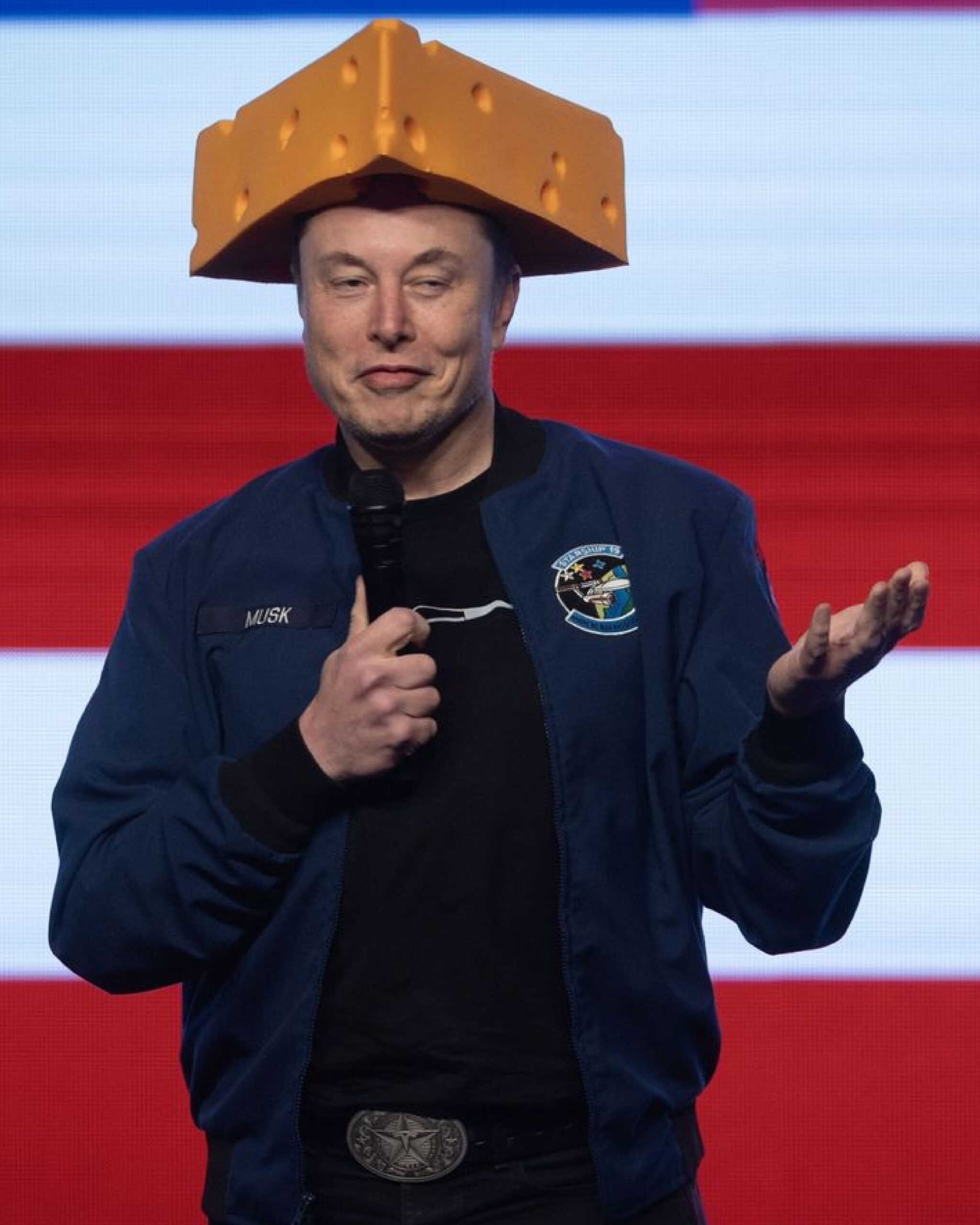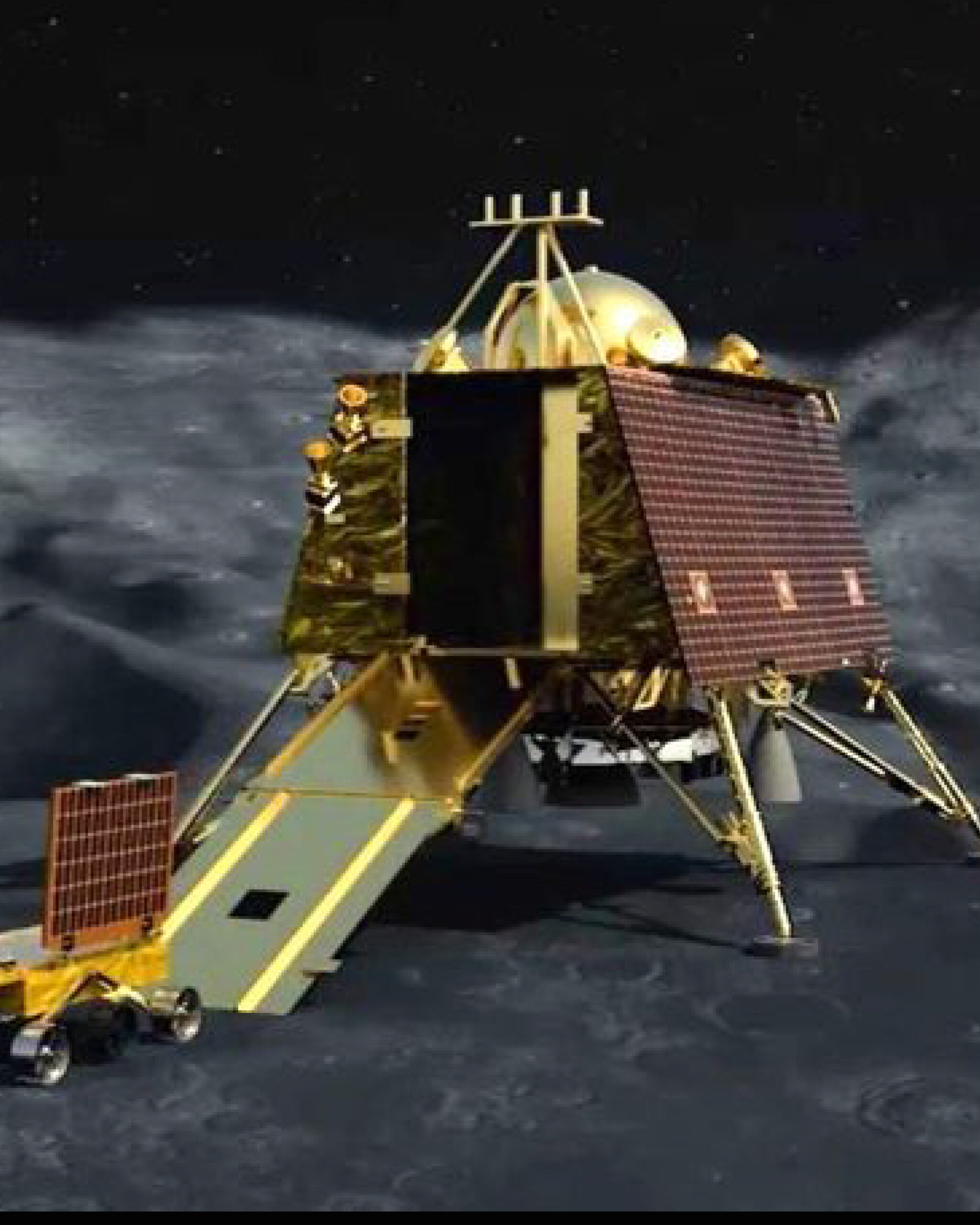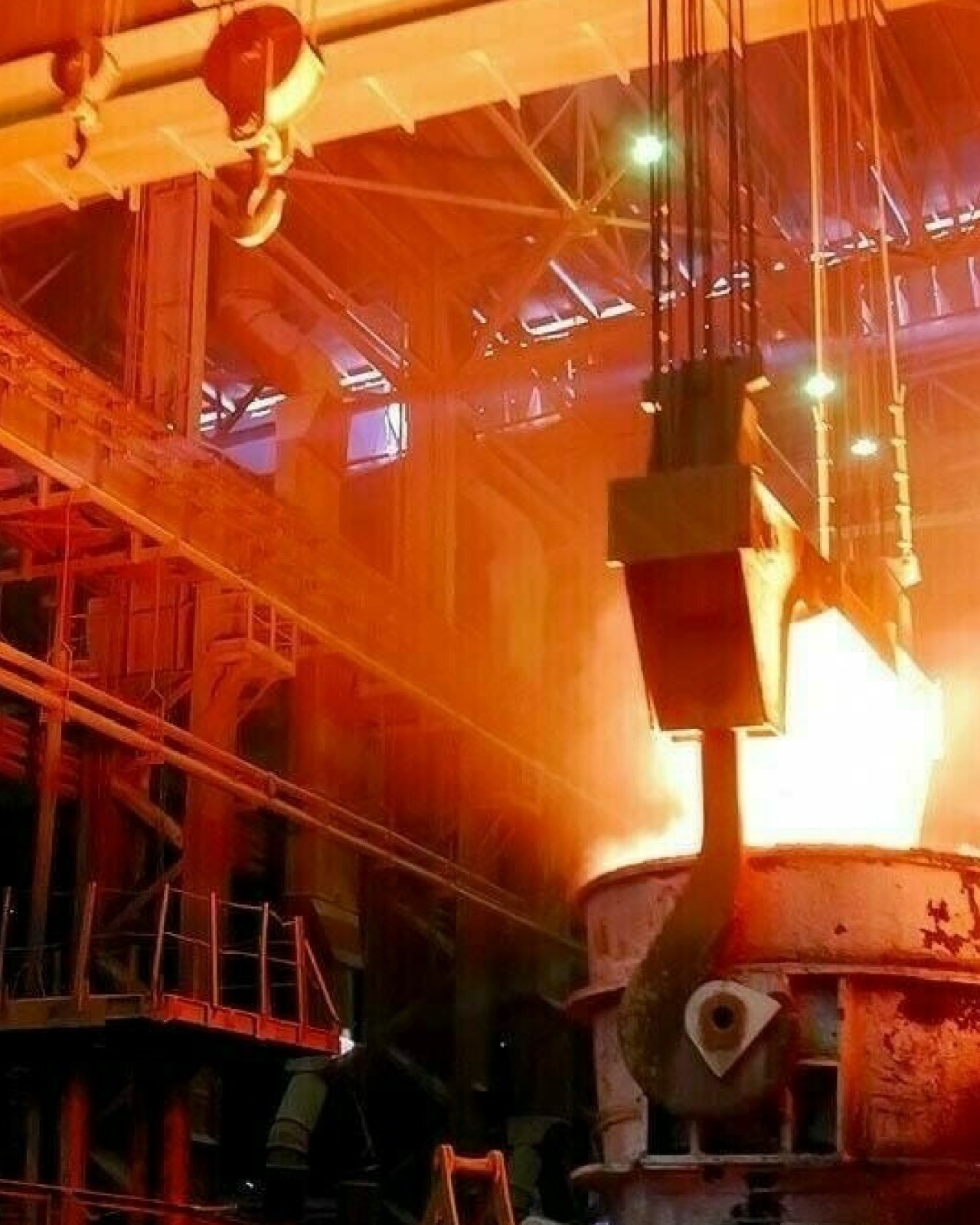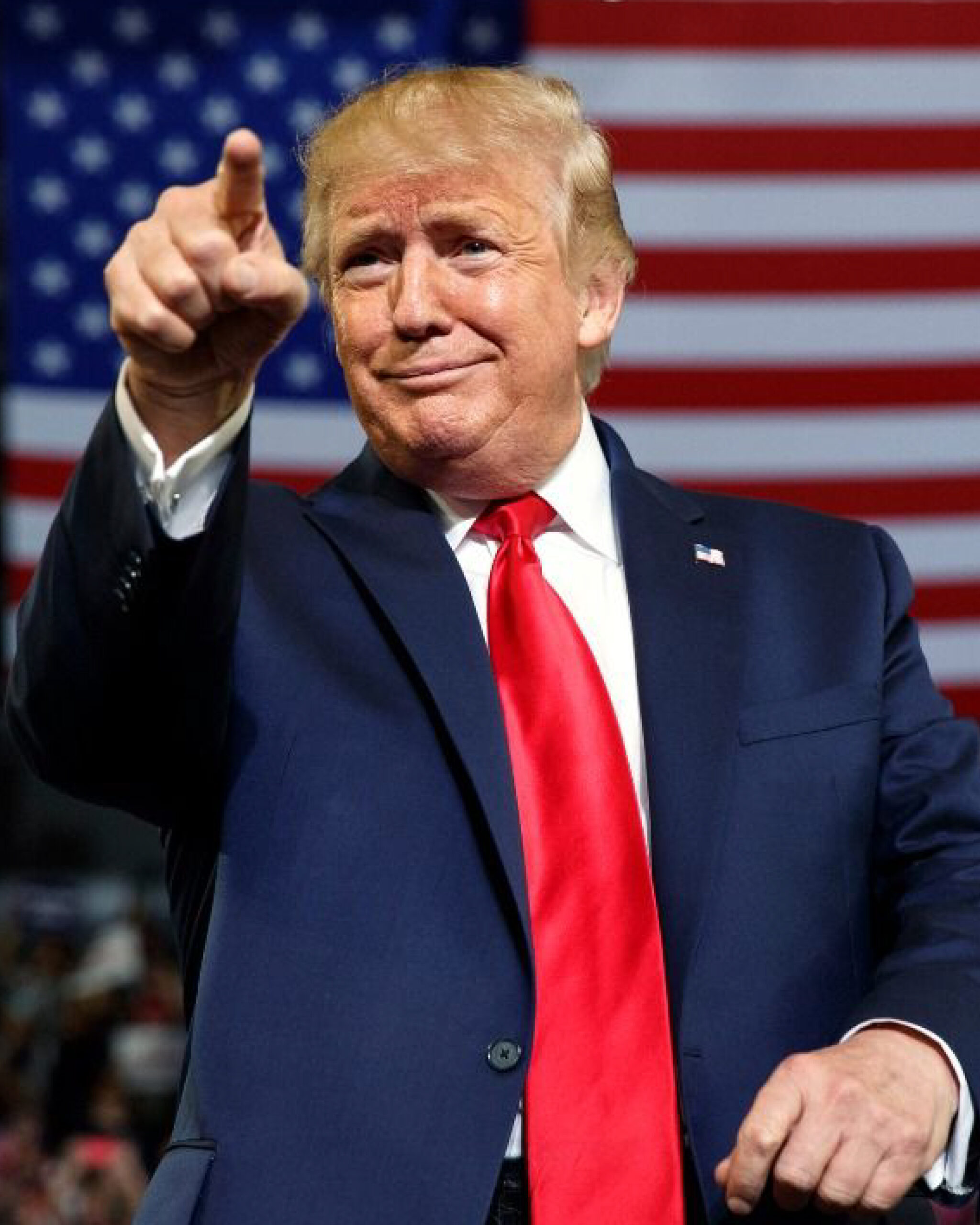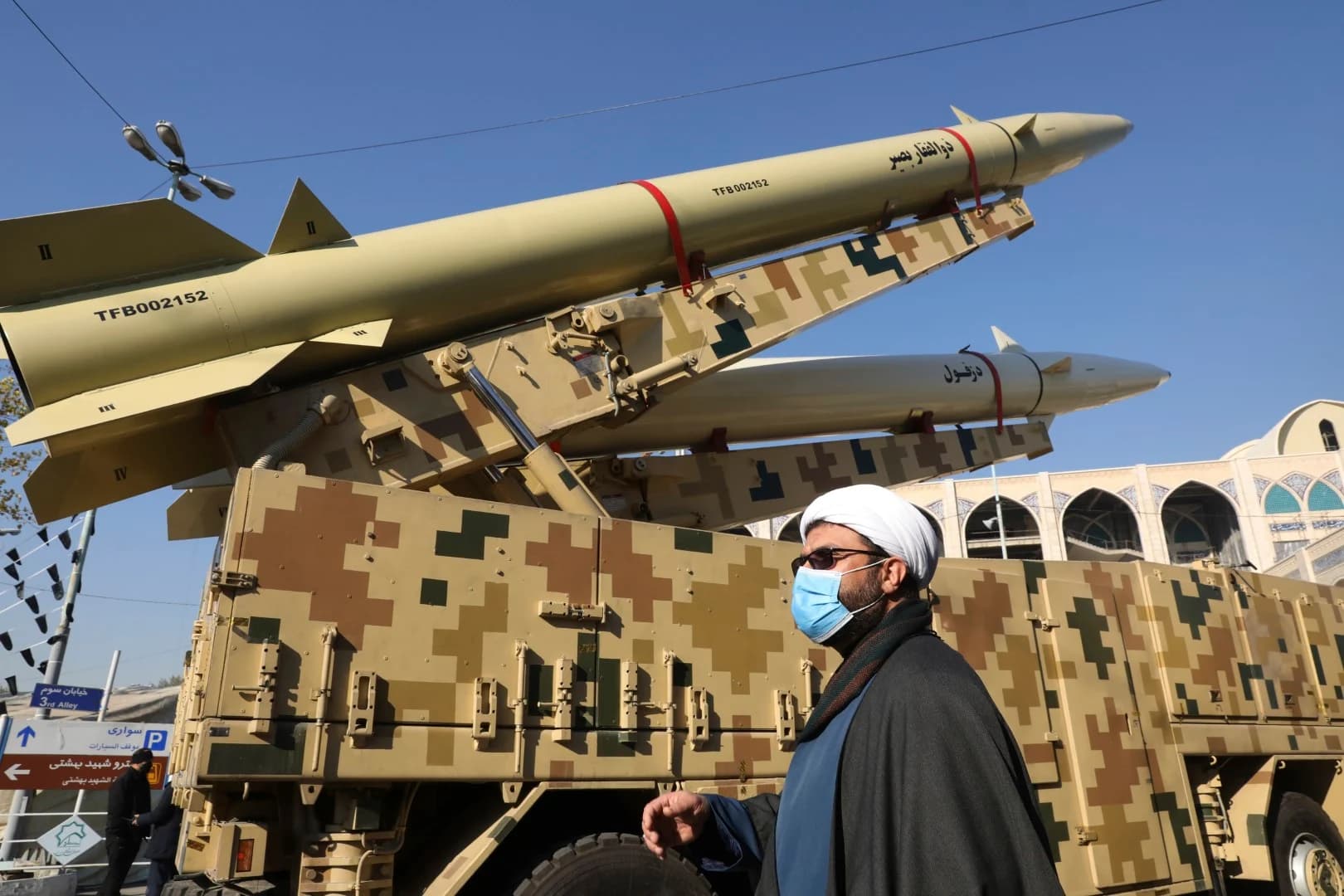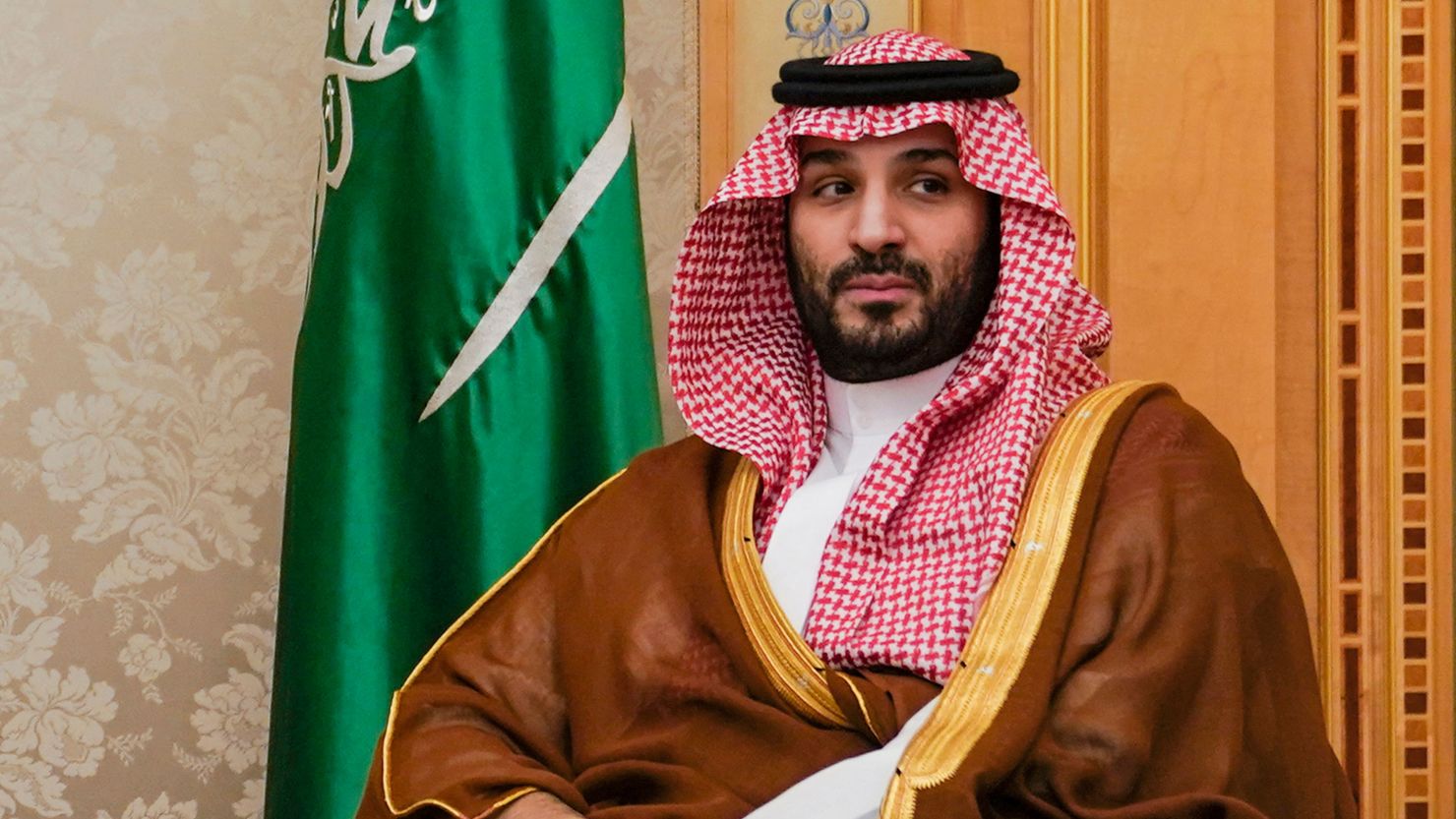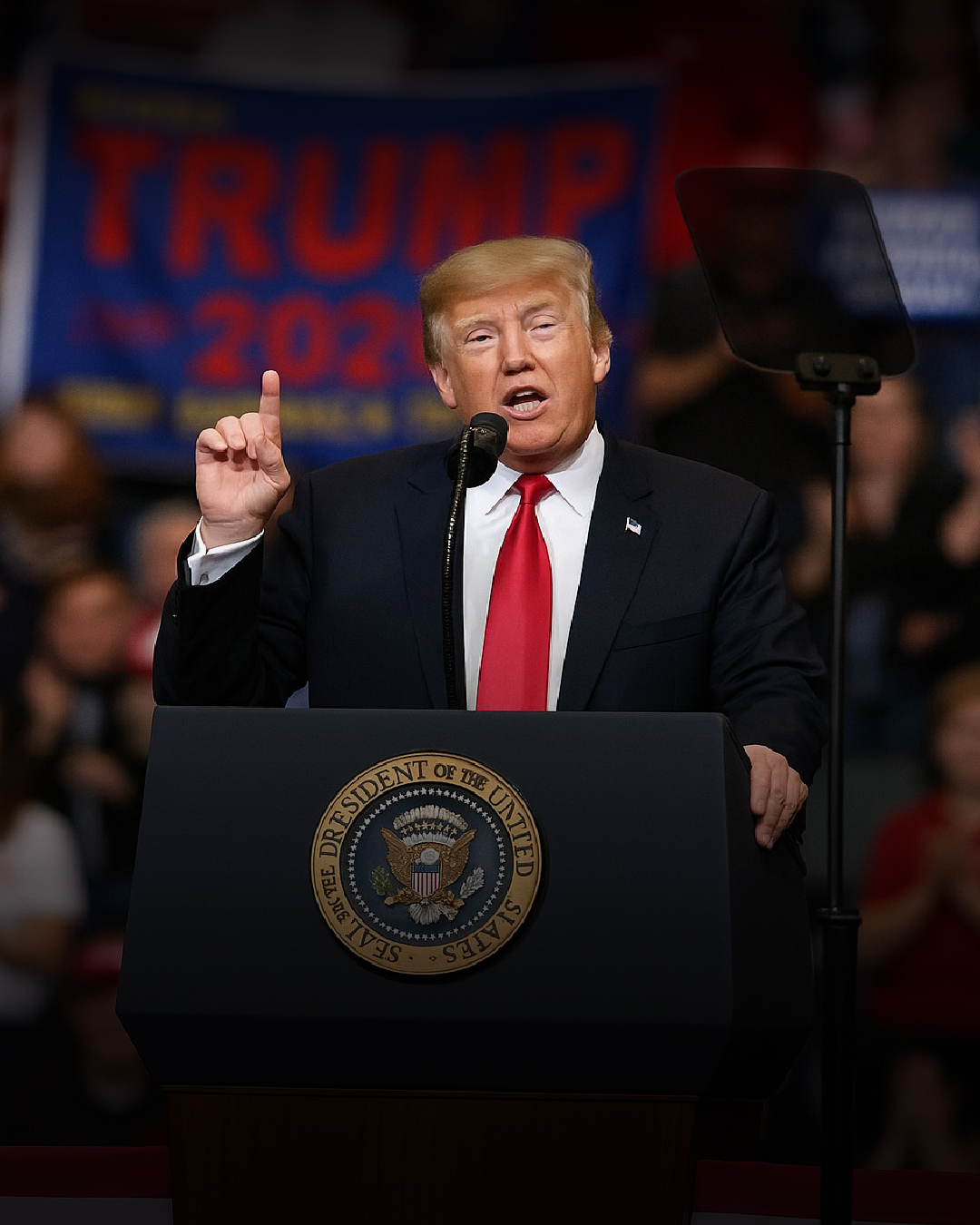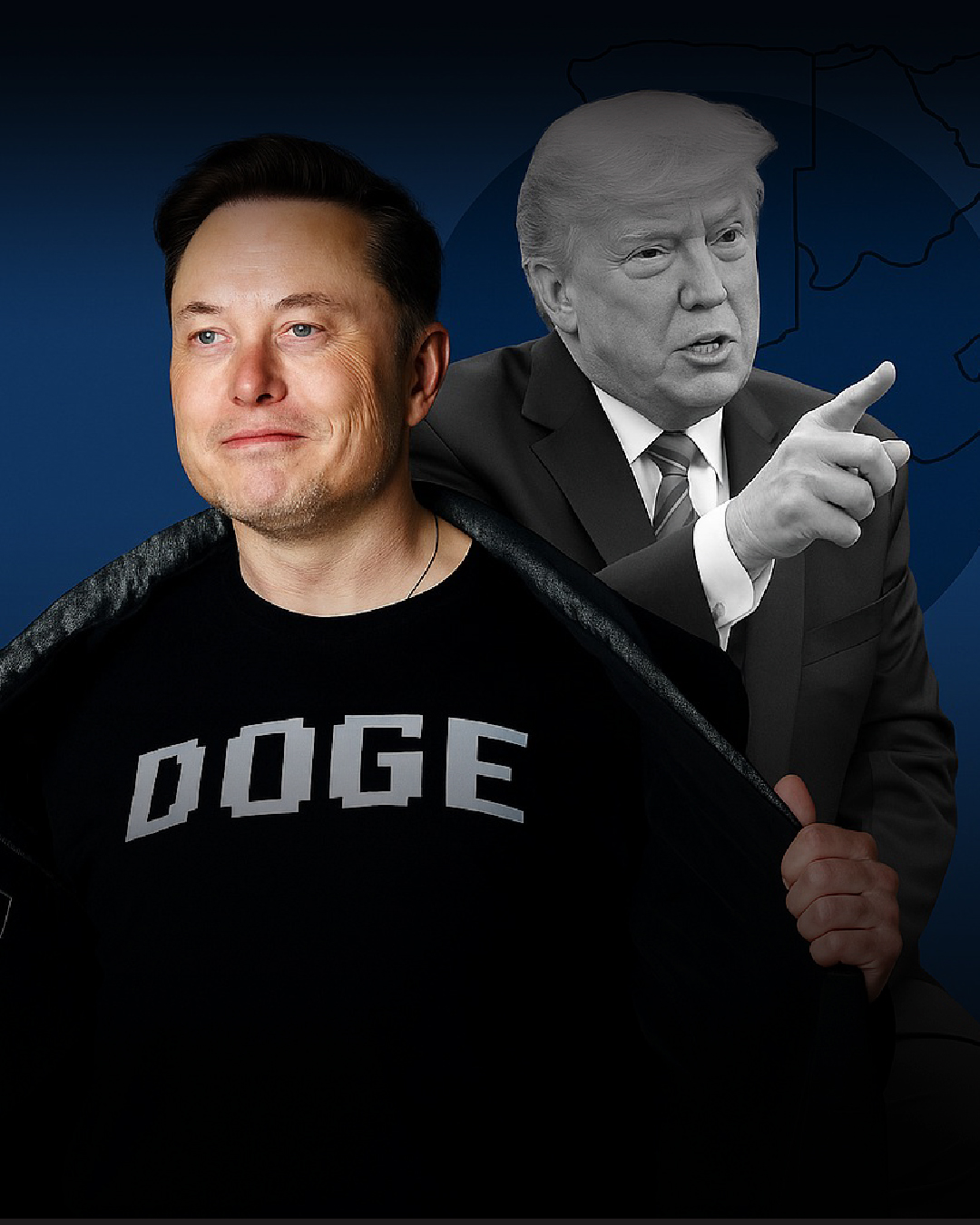
Elon Musk steps down from his government efficiency role under Trump, ending an unfinished initiative
Elon Musk, the billionaire CEO of Tesla and SpaceX, has officially stepped down from his high-profile position as head of the Department of Government Efficiency (DOGE) under President Donald Trump. Musk’s exit marks the conclusion of a controversial and eventful period in Washington, defined by aggressive federal downsizing, political clashes, and unfinished reform initiatives.

Background: Musk’s Appointment to DOGE
- In late 2024, President Trump appointed Musk as a “special government employee” to co-lead DOGE, a newly created department tasked with dramatically reducing government bureaucracy and cutting federal spending.
- Musk’s role was informal, allowing him to retain leadership of his private companies while working to overhaul government operations.
- The initiative was described by Trump as the “Manhattan Project of our time,” aimed at slashing waste and driving efficiency across federal agencies.
Key Actions and Controversies
- Downsizing the Federal Workforce:
Under Musk’s leadership, DOGE eliminated nearly 12% of the federal civilian workforce—about 260,000 jobs—through layoffs, buyouts, and early retirements. - Aggressive Cost-Cutting:
Musk’s original target was to cut $2 trillion in spending, but persistent resistance within Washington forced him to scale back his goals to $150 billion. - Clashes and Criticism:
Musk’s approach sparked significant backlash from within the administration and among the public. His criticism of a Republican tax bill—calling it too expensive and counterproductive—further strained relations with Trump’s team and Republican lawmakers.
Impact and Unfinished Business
Despite the bold promises, Musk’s tenure fell short of delivering the sweeping, generational savings he had envisioned. Key impacts include:
- Thousands of Layoffs:
The rapid downsizing led to mass layoffs and significant litigation, disrupting numerous federal agencies. - Political Blowback:
Musk’s outsider status and confrontational style led to frequent clashes with senior officials and resistance to his reform. - Unfinished Initiatives:
Many efficiency projects remain incomplete, with the DOGE mission set to continue under new leadership.
Why Did Musk Step Down?
- Musk’s 130-day appointment as a special government employee was always intended to be temporary.
- His departure came shortly after he publicly criticized Trump’s tax and budget proposals, which he argued undermined DOGE’s efficiency goals.
- Sources indicate Musk’s exit was finalized at a senior staff level, without a direct conversation with Trump.
Public and Investor Reaction
- Musk’s political involvement drew protests and calls from investors to refocus on his private ventures, especially Tesla.
- Some observers expressed concern over the influence and potential conflicts of interest arising from his dual roles in government and private industry.





